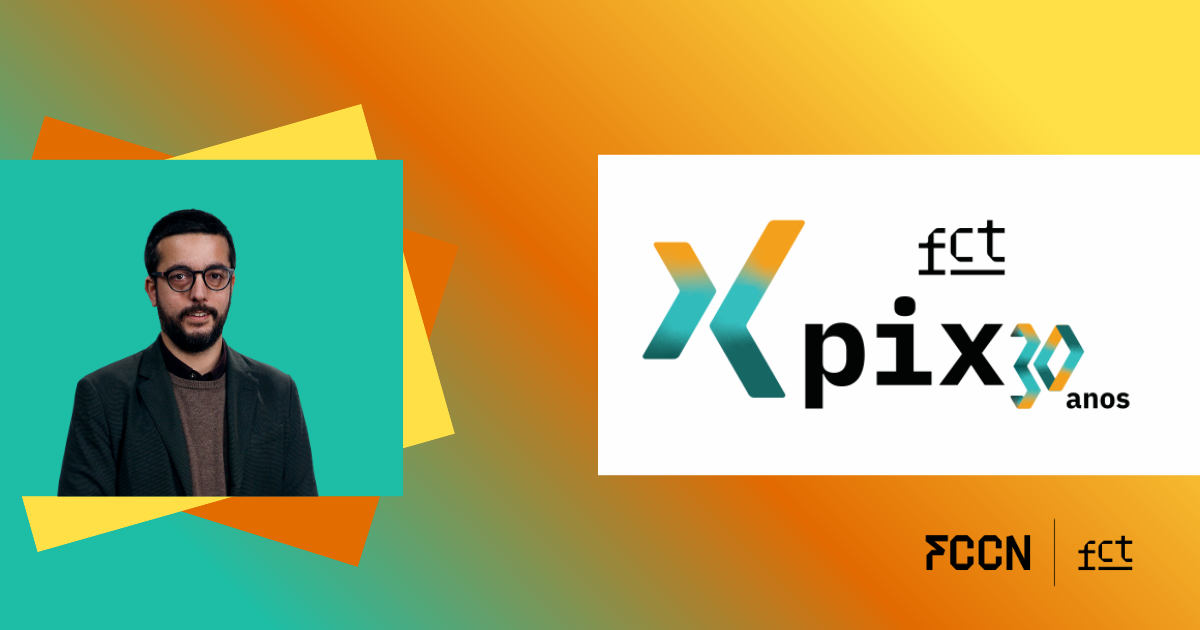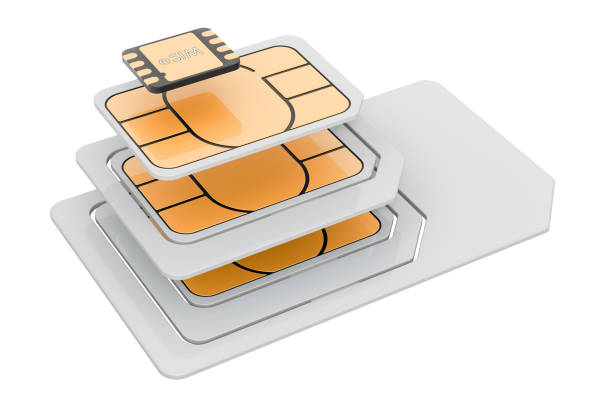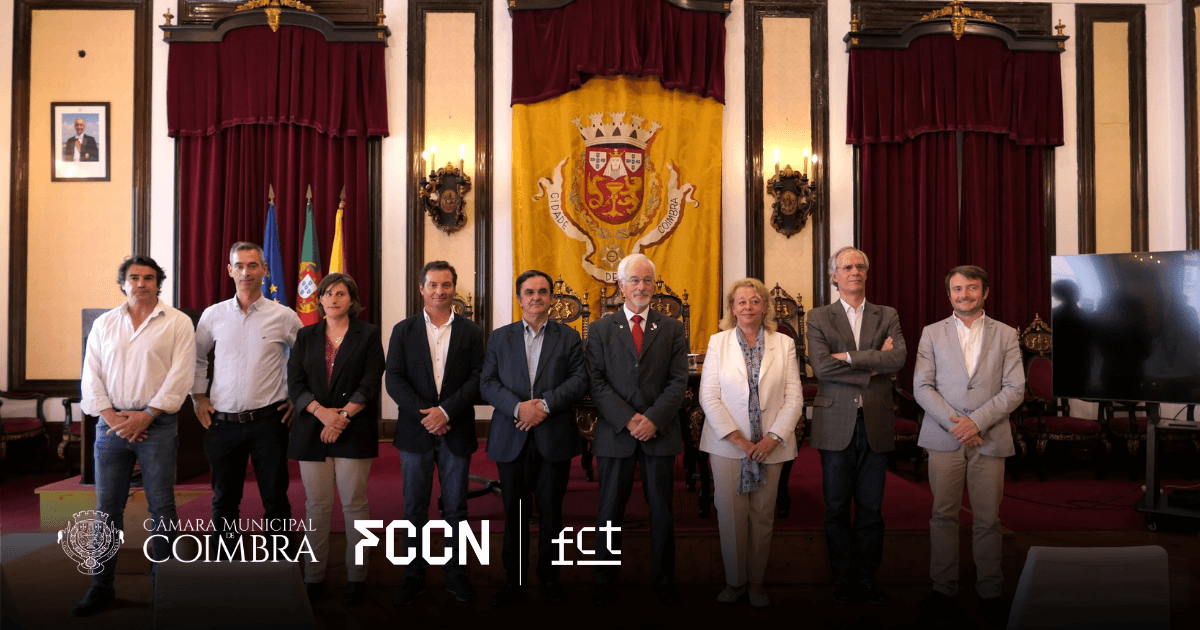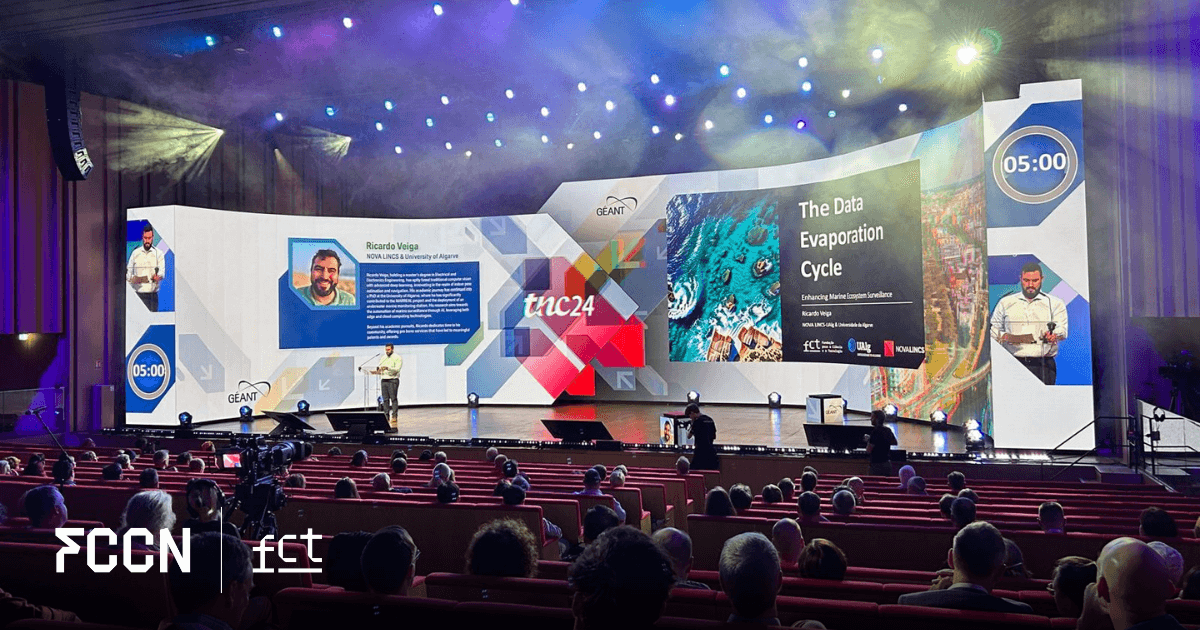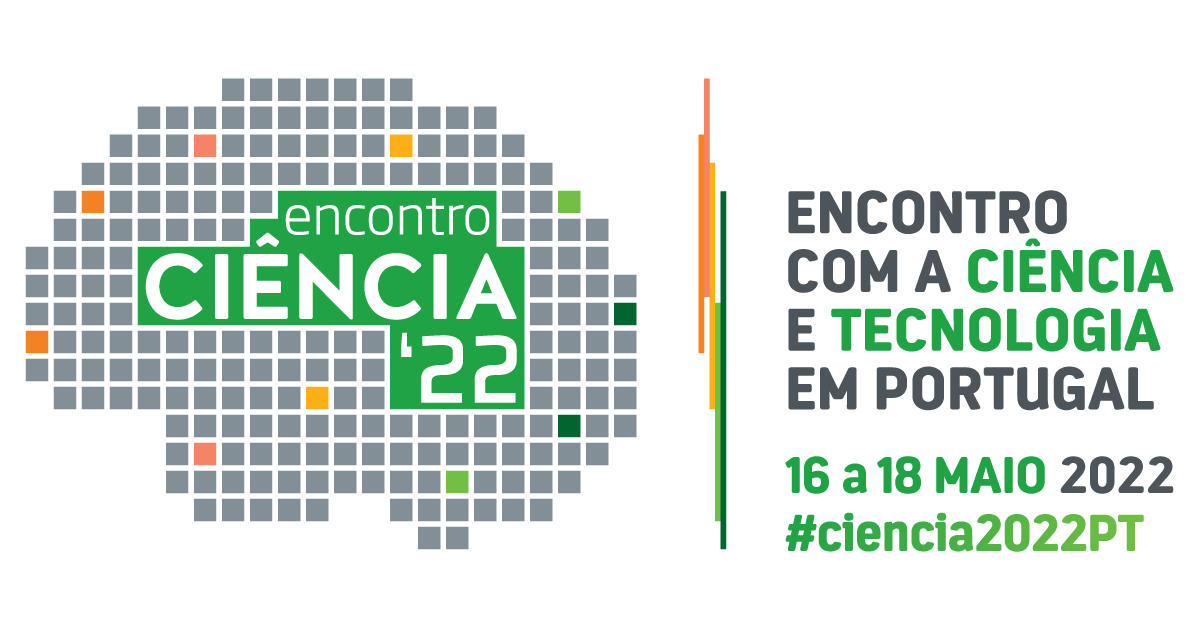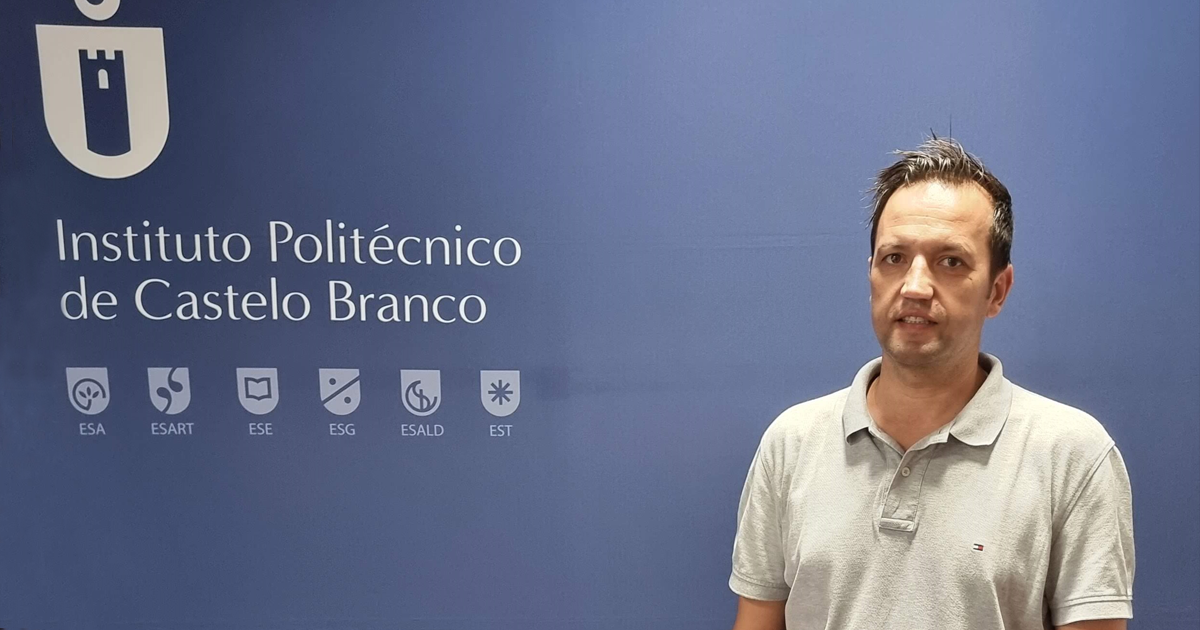
The Information Technology Manager at the Polytechnic Institute of Castelo Branco, Joaquim Santos, highlights the “essential” role of this higher education institution’s connection to the Science, Technology and Society Network, underlining the importance of upgrading to 100 Gbps, within the scope of RCTS100 , a project co-financed by European funds under the Operational Programme for Competitiveness and Internationalization: “The connection between the IPCB and the RCTS is essential”
What is the significance and impact of activating the connection of the Castelo Branco Polytechnic Institute to the national 100 Gbps teaching and research network?
The connection of the Polytechnic Institute of Castelo Branco Access to RCTS is essential for the activities carried out at IPCB. Activating this connection to 100 Gbps guarantees greater bandwidth to ensure higher quality service, given the growing number of devices connected to the network.
The activation of this connection also led to improvements in internal infrastructure, as the implementation improved network, connectivity, and security. This transformation translates into improved service quality for the Castelo Branco Polytechnic Institute community.
What is the importance and impact of the FCCN Unit's digital services and projects on the daily lives of the IPCB community?
The FCCN unit has a significant impact on the daily life of the academic community in Portugal, not just at the IPCB. They are the main digital drivers and challenge the academic community to innovate through their projects, starting with their connection to the RCTS, which guarantees high-speed connectivity to all member institutions, subsequently providing access to several essential services for the IPCB.
Among the various services and projects that the IPCB integrates and that are essential to the IPCB community, I highlight eduroam, which allows our users to connect to this network not only on the IPCB campus, but also worldwide; the VoIP project, which has led to a considerable reduction in communication prices; and the Colibri service, which enabled the adaptation of the in-person teaching model to online and was essential during the pandemic to ensure the continuity of education.
There are other very important and widely used services, such as b-on, which allows the entire community, especially researchers, access to a vast number of scientific publications and electronic services, Videocast, Filesender, RCTS Certificados and RCTSaai.
Is there anything you would like to add?
Finally, I'd like to thank FCCN for all their commitment, dedication, and support. I believe this close relationship they maintain with the entire national academic community is an important factor in the successful implementation of all these projects, in the hope that they will continue to challenge us and that we will continue to evolve together.
